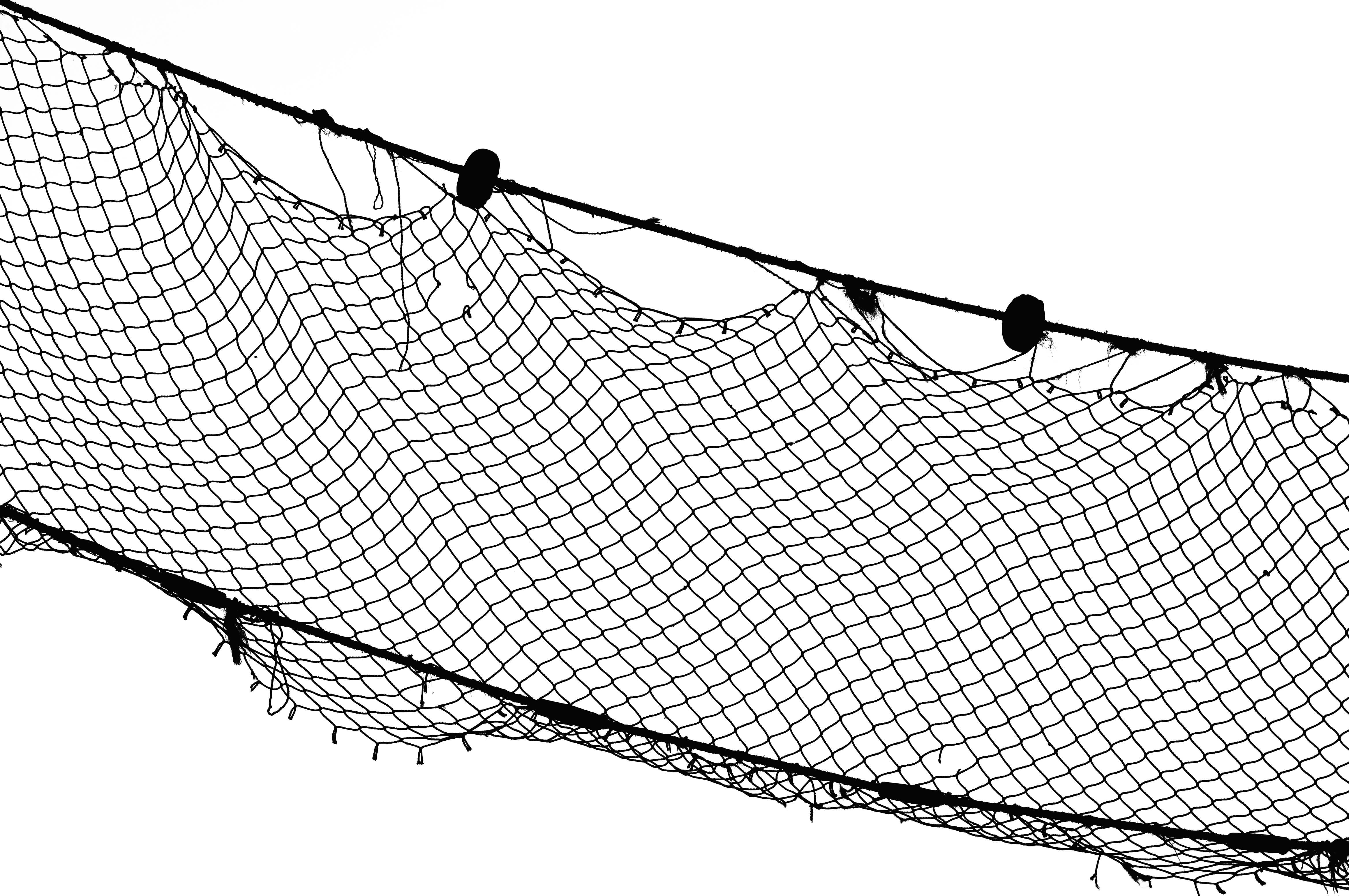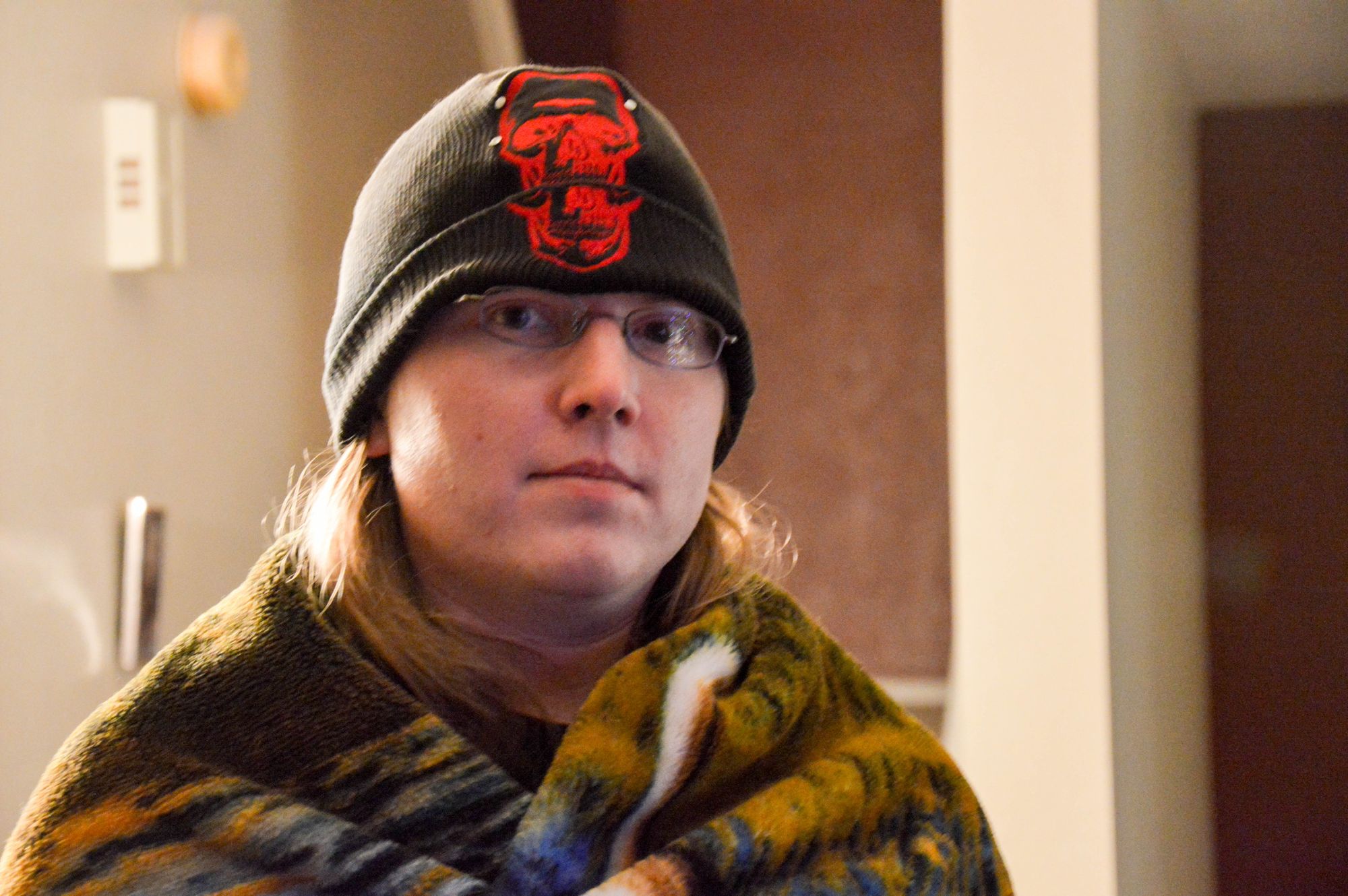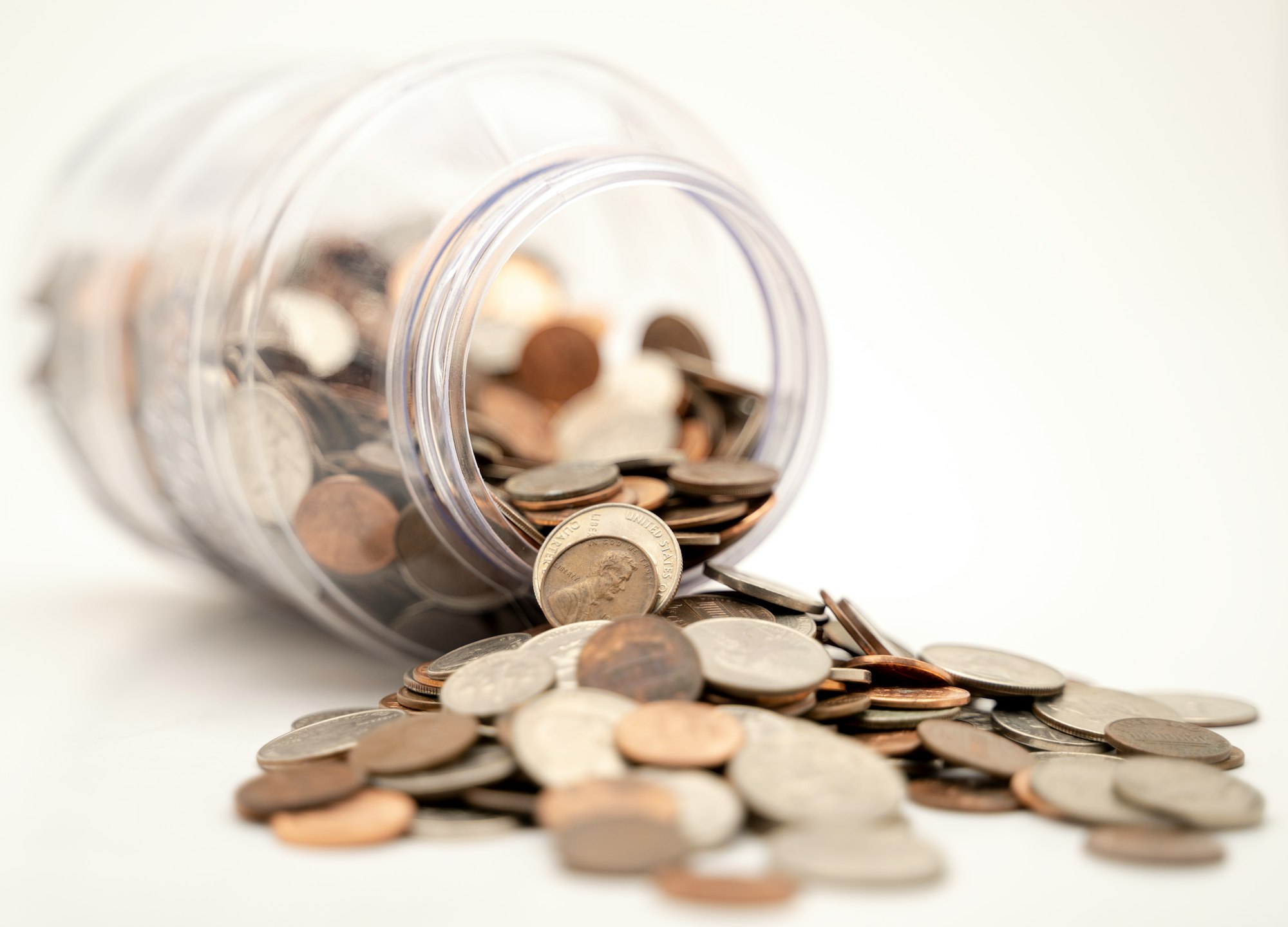I have been living with ADHD my entire life. I was diagnosed at 7, in treatment for many of my pre-high-school years, and on medication then and now. For much of my school career, I had great difficulty focusing, keeping track of my homework, and just generally remembering to do things. Everything involving memory was more difficult for me than it was (seemingly) for my peers, and it got to a point where wait is that a butterfly? What kind of butterfly was that? I'm not sure, I should Google it to find out. But I'm really hungry and I should go eat lunch. What was I saying?
Obviously, it hasn't gotten any easier; I won't lie about that.
What did get better were my skills in dealing with my disorder (that's what ADHD is, by the way: a mental disorder). I've had to work on it every day, and I'm still not perfect and never will be, but I've gotten a lot better at managing my forgetfulness and improving my ability to focus.
If anybody else out there thinks they may have ADHD but haven't been diagnosed, or maybe doesn't think that ADHD is a real disorder, I implore you to read on about my personal experience with this condition, do your own research, and then make your own decision. All of this started when I finally decided to learn more about the specific form of ADHD I was diagnosed with, known as ADHD-PI.
What is ADHD-PI?
ADHD-PI is an acronym for Attention Deficit/Hyperactivity Disorder - Predominantly Inattentive. In a diagnosis of Combined ADHD (the most common diagnosis, and what the general public thinks of as "ADHD"), the symptoms include an inability to focus on things and a general proclivity toward hyperactivity and/or impulsiveness. Wikipedia gives a good definition for the Predominantly Inattentive diagnosis:
[ADHD-PI] is characterized primarily by inattentive concentration or a deficit of sustained attention, such as procrastination, hesitation, and forgetfulness; it differs in having fewer or no typical symptoms of hyperactivity or impulsiveness.
In short, people who have the Predominantly Inattentive form of ADHD are generally not hyperactive or impulsive, but have great difficulty focusing or maintaining concentration. That's me; that's been me for my entire life, and the more I've learned about my disorder the more oh look another butterfly.
Living with ADHD
It's difficult to describe to people who don't have ADHD what having it feels like, but I'm going to attempt to do so anyway, because understanding what it means to have this disorder is vital to understanding how to combat its symptoms.
My thought process for when I'm off my meds goes something like this:
Ok, just need to send this email off to Frank and then I can get back to working on the latest improvements to the PAE. Hmmm, did the Diamondbacks win last night? I should check.... Oh, cool, they did! Now, what did I need to do again? Oh, right, just some refactoring on the email-sender.
Huh, email, I forgot to check mine this morning, I should do that now. Oh, here's an email from Victoria, saying that she needs the latest updates on the forums app I've been building. I should send that to her.
Now that that's done, what was I doing again? Right! I was sending an email to.... Frank? About what? Oh, right, the PAE and its improvements and OH LOOK ANOTHER BUTTERFLY! GAH! Stop it! No butterflies, just work! But now I'm hungry I should really eat some lunch STOP IT!
That's my life. Focus, you stupid brain! I mentally yell, only to get NO! BUTTERFLIES! shouted back. No matter what task I'm trying to accomplish, what thing I'm trying to make, what piece of code needs my attention, the distractions are always there, waiting to pounce and wrest my focus out of my feeble grasp. I don't want to be distracted, yet I continually find myself such.
Lack of ability to focus leads to another problem: forgetfulness. The blog Actually ADHD has a nice analogy for the forgetfulness those of us with ADHD regularly experience:
Imagine, for a moment, that memories are slippery fish, and your mind is a net. It’s easy enough to hold on to the fish by putting them in the net, which is what everyone does. But for some reason, your net has holes in it. Lots of holes. And the littler fish, the less important ones, end up wriggling out and getting away.

Fishing net IMGP8396, by Nikodem Nijaki, used under license
Sometimes, if you work hard enough, you can recapture them–but it’s usually too late. You don’t really even realize they’re gone until someone asks you about them, and you reach for them, and they aren’t there.
“Hang on a minute,” you say, “I need to find it.” And at first, they smile and nod. They understand. Everyone’s little fish get away sometimes. It happens to everyone.
It just happens to you a lot more. And a lot of the time, you don’t find the little fish again. You have to ask the person who gave it to you to give you another. And at first, they oblige. But as it happens more and more, and with the same fish, they get angry.
Eventually, though, those people that had been giving you more fish get more and more annoyed with you. So instead of asking for more fish, you try to fix your net, which despite your best efforts still has holes in it. Then, when more fish keep getting away, you start asking for other people to help hold your fish...
But the more you ask, the less helpful they’re willing to be.
“Why can’t you hold on to your own fish yourself?” they ask, irritated. “Everyone else does.”
“My net has holes,” you try to explain again, but they shake their head.
“That’s not an excuse,” they say. “Everyone’s nets have holes.”
“Yes, but mine are bigger, and there’s more of them–”
“So just work at it! You can’t go through life expecting everyone to patch up your holes and hold your fish for you.”
“But I do work at it,” you say helplessly. “It still has holes.”
“If you were really working at it,” they say, shaking their head, “You wouldn’t be asking me to hold your fish for you all the time.”
This is the feeling that I've had for much of my life. The sinking sensation that maybe you are the only one who has these problems, that you aren't working hard enough to solve them, that if only you could patch the right hole in your net everything would be fixed and you could remember and focus just like everybody else surely can. And this only leads to failure, for there is no patch in the world that would make your net whole again. ADHD makes life difficult for those of us who are afflicted, and tasks that require intense focus become even more of an uphill climb.
Distractions and forgetfulness are the enemies. So what can we do to fight them off and maintain our focus?
Fighting the Symptoms of ADHD
First off, note that I am neither a medical professional nor a psychiatrist; I am just some guy on the internet. Nevertheless, what follows are some tips that I have used to make managing my ADHD a little easier.
First and foremost, see a psychiatrist, get diagnosed, get a prescription, and take your damn meds. IMO if you truly have ADHD this is the single most important step in controlling this disorder. I cannot stress this enough: I am a completely different person when I take my medication. I am able to focus, to work, to finish things, and the medication enables all of that.
(Note that ADHD medications are, by and large, stimulants. I know of people who have rejected putting these kinds of mind-altering drugs into their body and instead have had great success in dealing with ADHD by attending therapy and counseling. Unfortunately this route did not work for me, so I cannot speak as to its effectiveness, but do be aware that there are more options than just medication.)
In my experience, taking the meds helps dramatically with the focus part of the disorder, but not the forgetfulness part. I've been doing a few things to help me remember what I need to do and improve my focus; hopefully some of these will help you as well.
- Make things you need to do often part of a routine. I have trouble remembering little things (like taking my meds) and I've found that the easiest way to accomplish things you need to do every day is to make it part of your routine. For example, I have a routine when I get ready in the morning: take meds, brush teeth, use deodorant, brush hair. Every day I need to do those four things before I can feel like I'm ready to go do whatever I need to do. Establishing the task as part of a routine is the hard part, but it's well worth the effort.
- Avoid interruptions to the best of your ability. Interruptions are a part of life, but you can minimize their frequency. Put noise-cancelling headphones on (music optional) on when you need to concentrate, and make sure your coworkers know that headphones on == do not bother me right now. Ignore email until the end of the day (or get it out of the way first thing). Take whatever is causing you distractions and find a way to tune them out without needing to rely on your own brain to do so.
- Do it now, or write it down. Do not make the assumption that you will remember what you needed to do later, because you probably won't. Instead, either do it as soon as you notice that it needs to be done, or write it down somewhere you'll find it again (I use a notifications app called Due for this purpose).
- Watch what you eat. People with ADHD, especially those of us who take stimulant medications to control it, should be very careful around other stimulants such as caffeine. Sugar is another thing you may want to avoid, though its effects are not as clear as caffeine's. At any rate, if you want to improve your diet and see if it helps you control your ADHD symptoms, one possible path is to start an elimination diet.
I'm writing this post to encourage those of you who may feel like you have these symptoms, like you are powerless to control your focus, like you don't want to keep forgetting but it keeps happening anyway. You can live with ADHD. You can even thrive in spite of it.
If I can do it, so can you. Now, if you'll excuse me, I really need to go take a closer look at that butterfly perched outside my window. Right after I eat my lunch.

Viceroy Butterfly, by PiccoloNamek, used under license
NOTE FOR COMMENTS: I will not tolerate any combative or disruptive comments on this post. I recognize that the existence and prevalence of ADHD and its treatment medications are somewhat contentious topics, so any comment that could be considered less than civil will be deleted on sight and the commenter will be banned. You have been warned. Comments about butterflies, however, are welcome.









